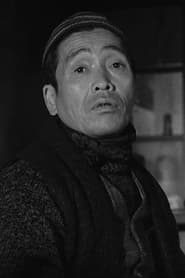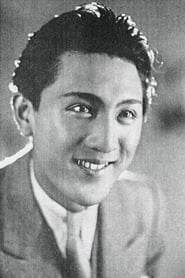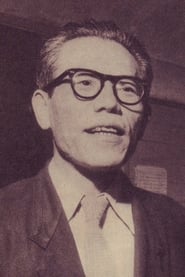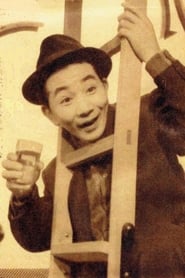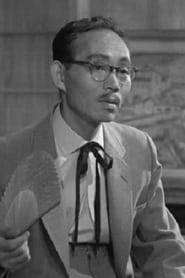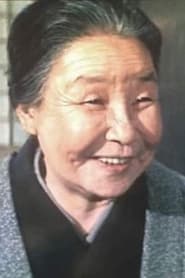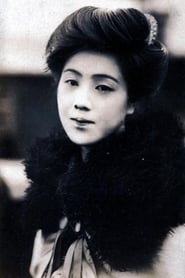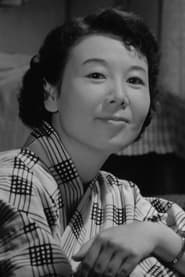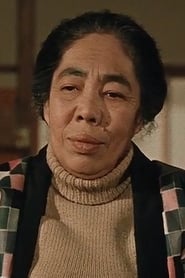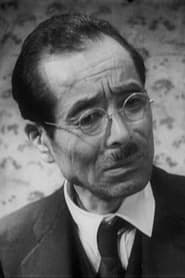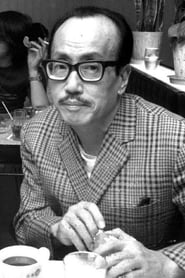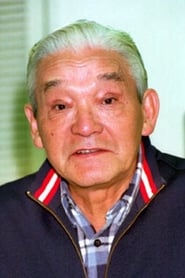The best Zeko Nakamura’s movies
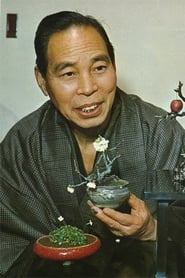
Today we present the best Zeko Nakamura’s movies. If you are a great movie fan, you will surely know most of them, but we hope to discover a movie that you have not yet seen … and that you love! Let’s go there with the best Zeko Nakamura’s movies.
Godzilla vs. Gigan
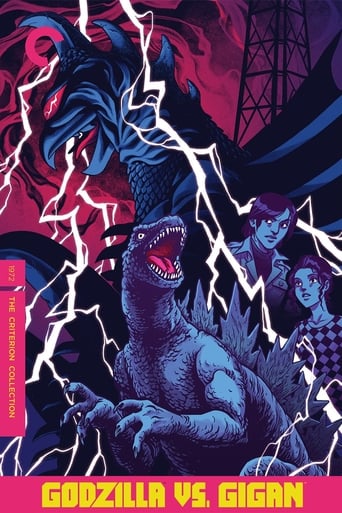
5.6/10
Manga artist Gengo Odaka lands a job with the World Children's Land amusement park only to become suspicious of the organization when a garbled message is discovered on tapes. As Gengo and his team investigate, Godzilla and Anguirus quickly decipher the message and begin their own plan of action.
One Wonderful Sunday
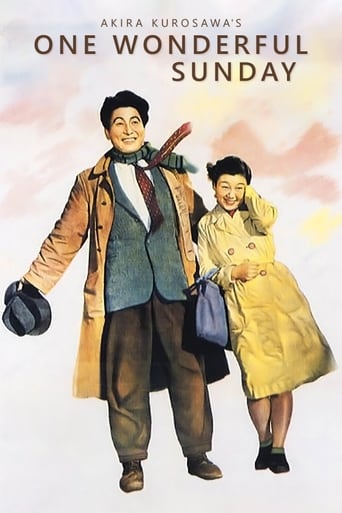
7.2/10
Yuzo and his fiancée Masako spend their Sunday afternoon together, trying to have a good time on just thirty-five yen. They manage to have many small adventures, especially because Masako's optimism and belief in dreams is able to lift Yuzo from his realistic despair.
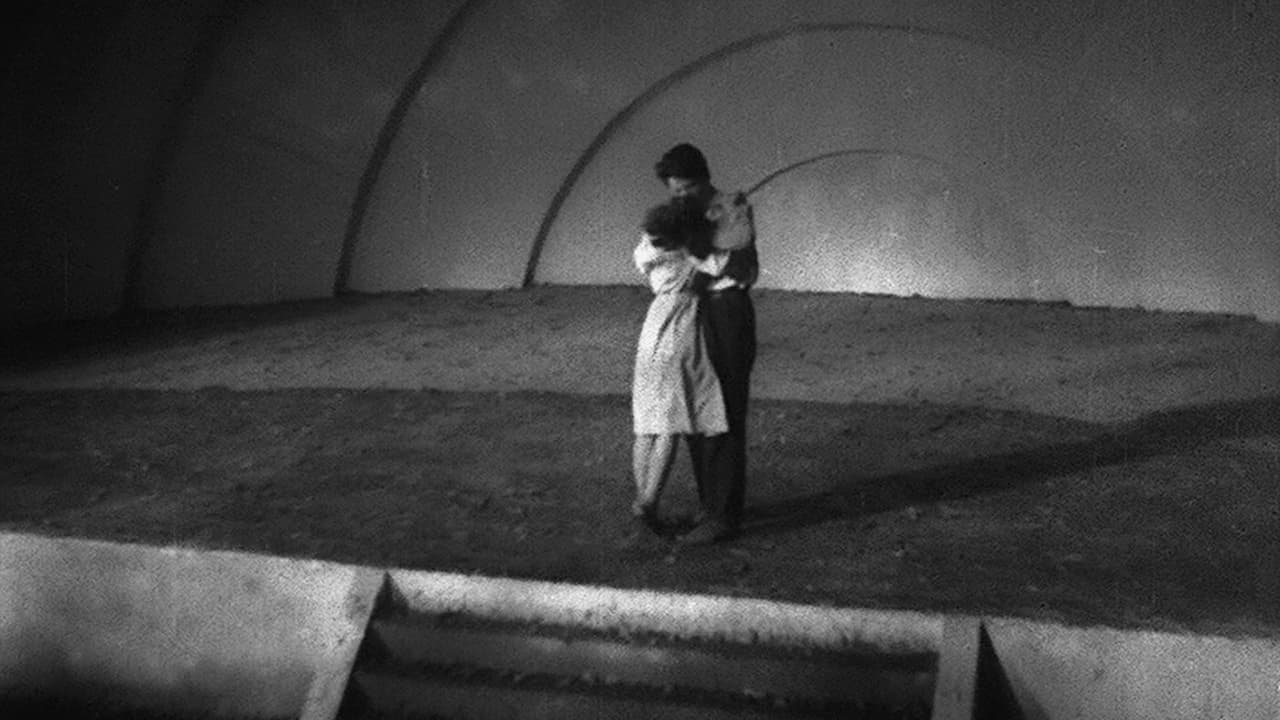
A Colt Is My Passport
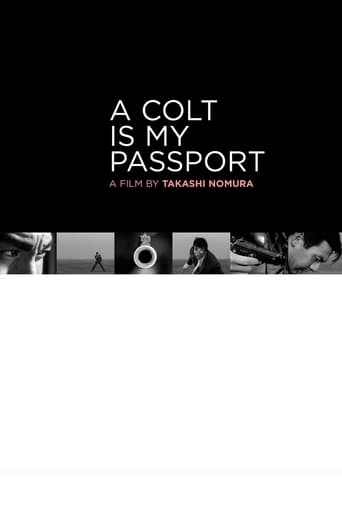
7.4/10
A gang lord hires Kamimura, a hit man, to take out a rival boss who's gotten greedy.
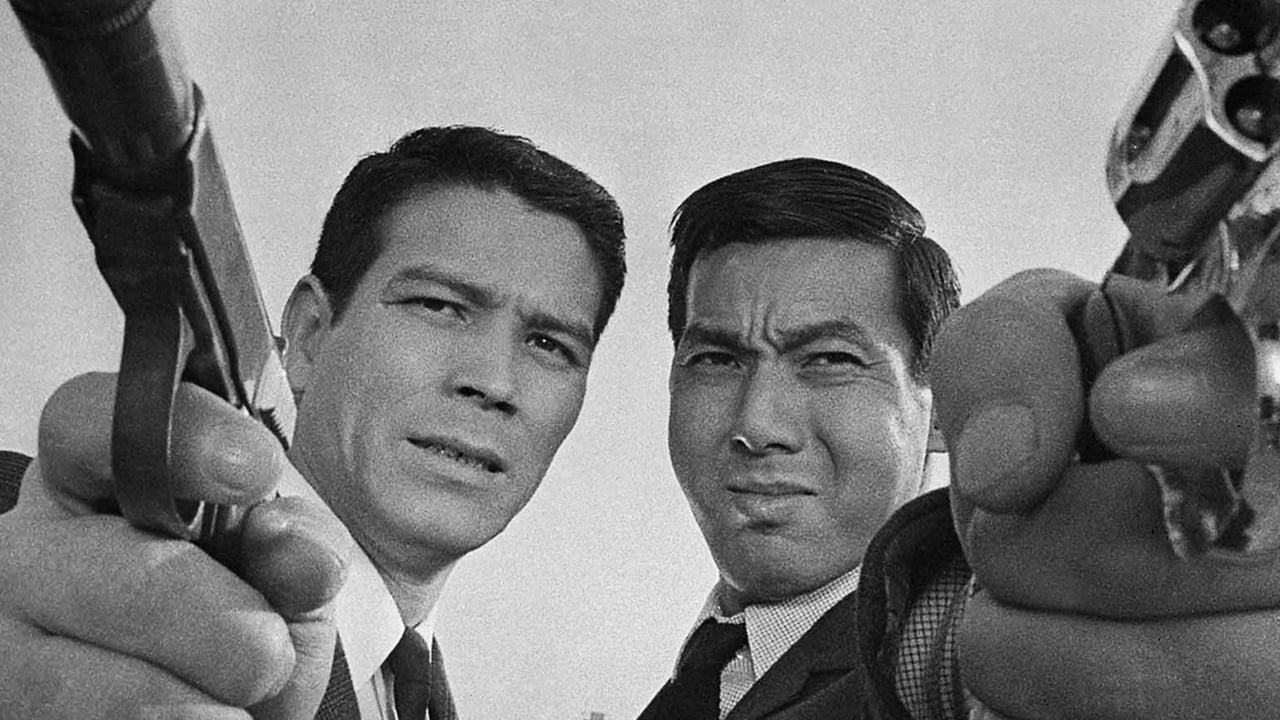
The Akasaka Sisters: Soft Touch of Night
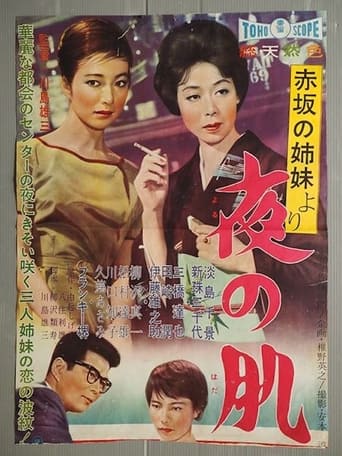
5.9/10
Set in the postwar turmoil, Akasaka no shimai paints a vivit portrait of the life of three sisters who struggle to live in Tokyo.
Meeting of the Ghost of Apres-Guerre
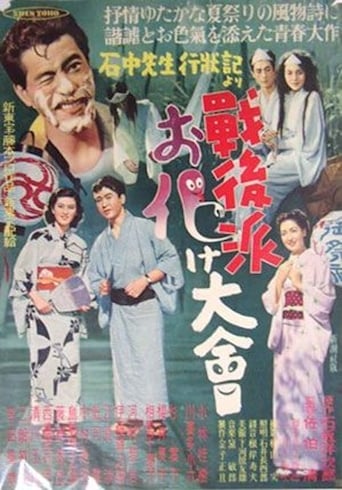
In a small town, according to the homecoming of Professor Ishinaka, the youth culture group was overwhelmed to make a presentation for the summer festival, but because of lack of funds, she works part-time at the spectacle of a tour, a haunted house Especially. The ghost was a struggle amongst the people, it was a great success in filling the crowd, but in the circus hut next to it, Kenji who was supposed to have disappeared was pitiful.
Miyamoto Musashi V: Musashi vs Kojiro
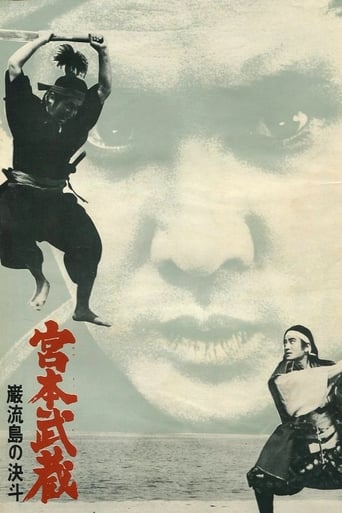
7/10
The fifth and final installment with the build up of the epic battle between Sasaki Kojiro and Miyamoto Musashi. With all the familiar characters making appearances: Otsu (Musashi's great love), Akemi, Matahachi (his former fellow soldier), old lady Osugi (still doggedly trying to defeat Musashi), and even the return of Priest Takuan (the man responsible for his journey towards enlightenment). But most of all, the boastful, long-haired and long-sworded Sasaki Kojiro.
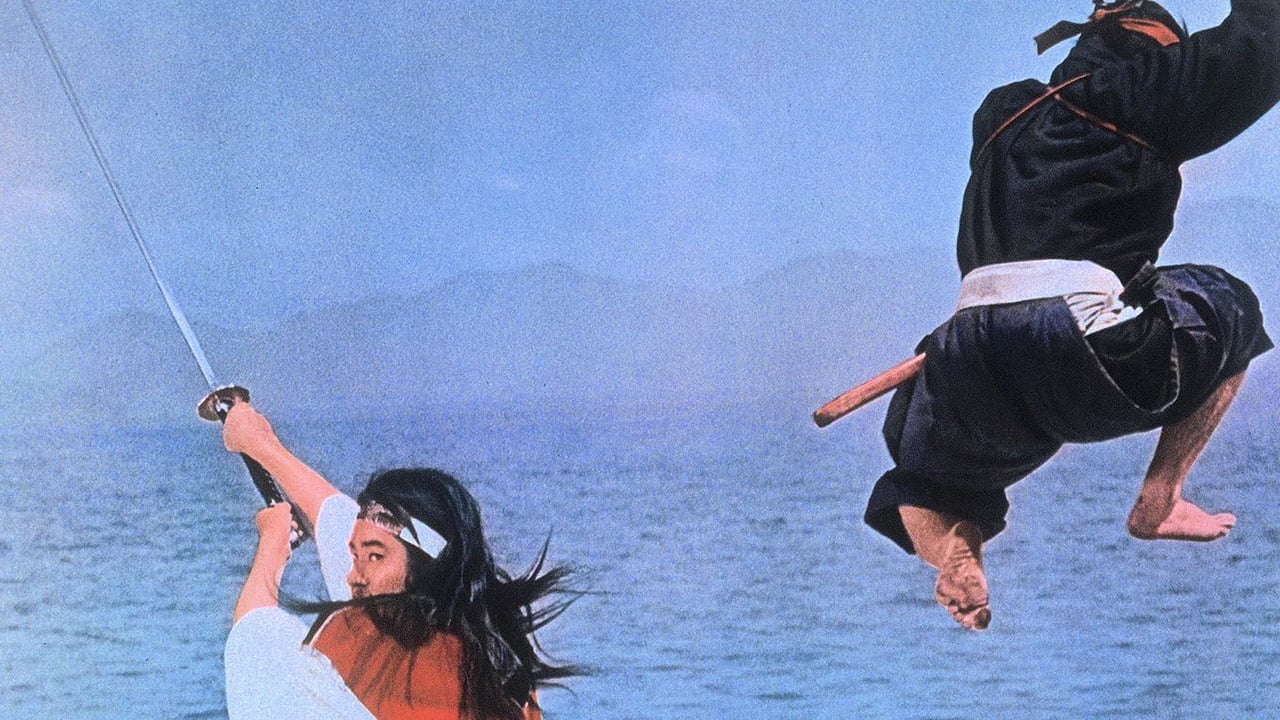
Dispersed Clouds
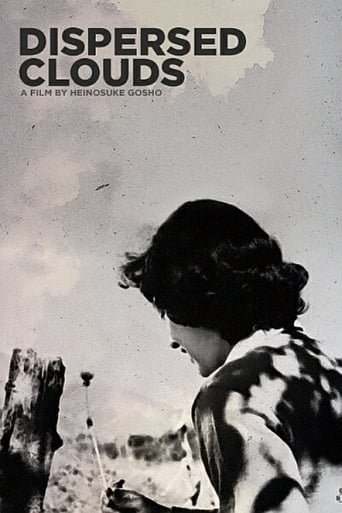
6.7/10
Five women classmates from a college in Tokyo are on the first stretch of a walking tour when one of them, Masako, falls ill at a railway station. Osen, a middle-aged maid from a nearby inn, takes her in and nurses her, assisted by Dr. Minami, a young physician who diagnoses her illness as a mild case of pneumonia. With Masako in good hands and needing a few days to recuperate, her classmates continue their tour. Masako’s recovery, however, is hampered by her spoiled and immature nature and her determination to punish the world for the loss of her mother.
Where Chimneys Are Seen
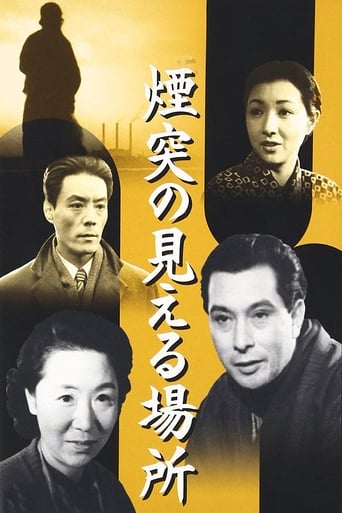
7.5/10
Gosho’s most celebrated film both in Japan and the West, Where Chimneys Are Seen is perhaps the most compelling example of his concern for, and insights into, the everyday lives of lower-middle-class people. Based on Rinzo Shiina’s novel of the absurd, the film depicts the lives of two couples against the backdrop of Tokyo’s growing industrialization during the 1950s.
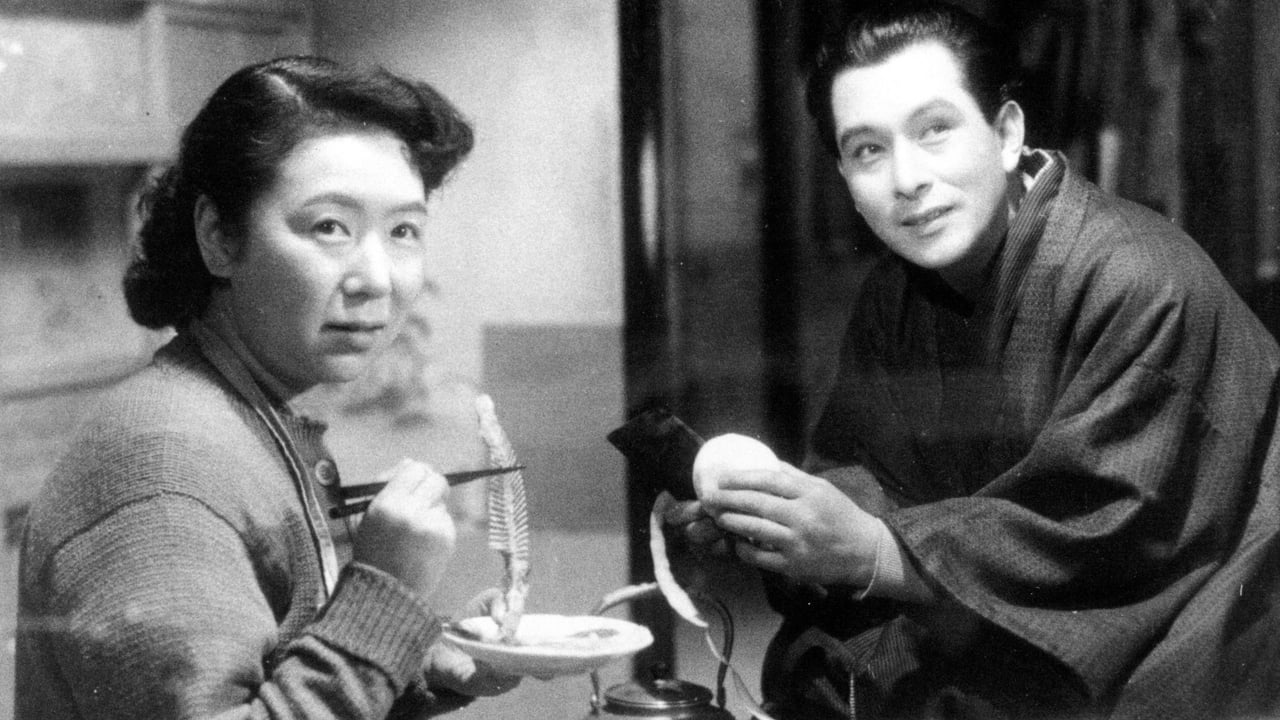
Black River
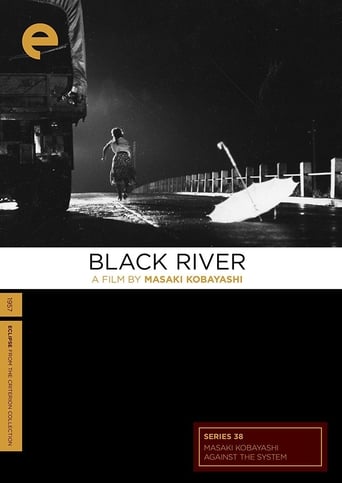
7.2/10
The story follows a university student who moves into an apartment building and becomes involved with a waitress. The landlord then attempts to evict the tenants and sell the building through illicit means.
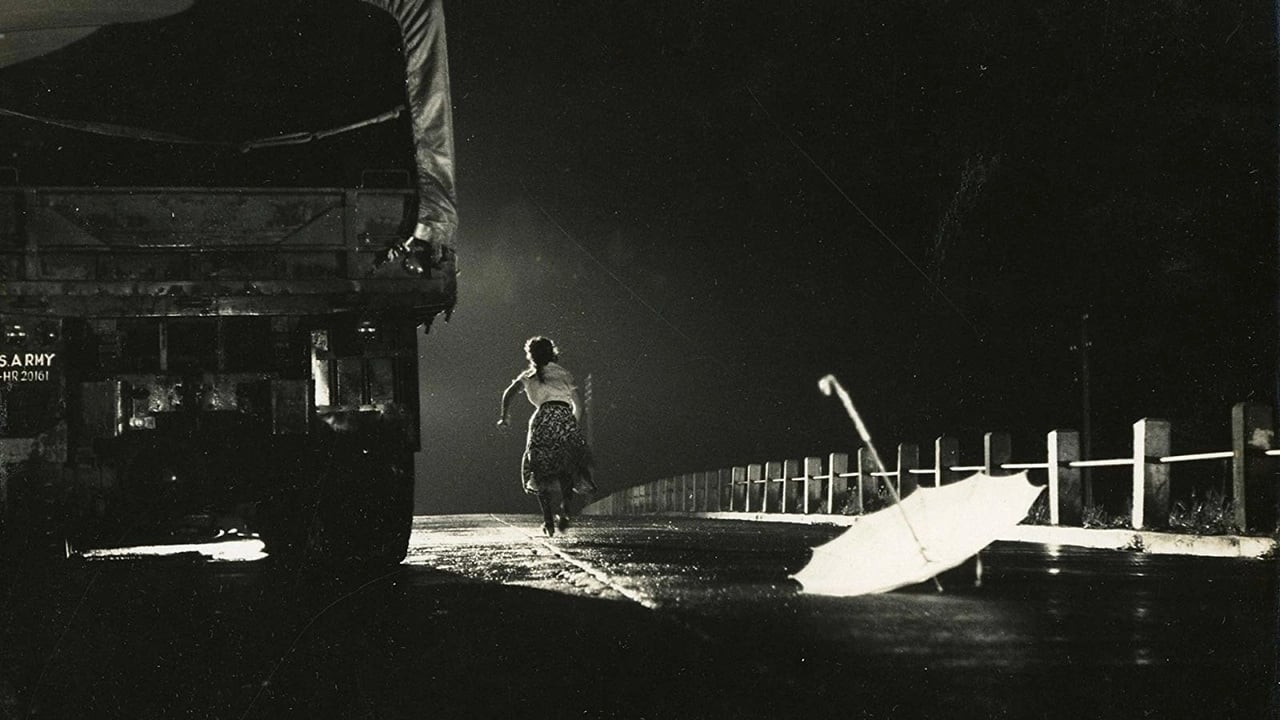
Husband and Wife
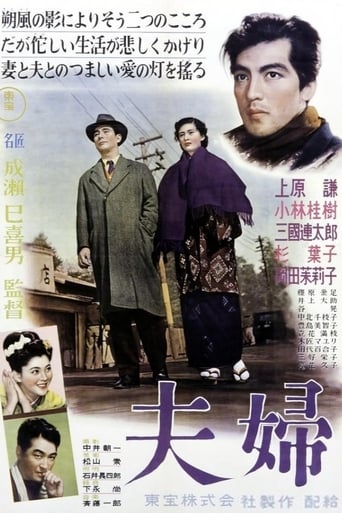
7.3/10
A married couple looking for an apartment move in with the husband's co-worker, a widower. The husband becomes jealous of the widower and his wife.
Mother
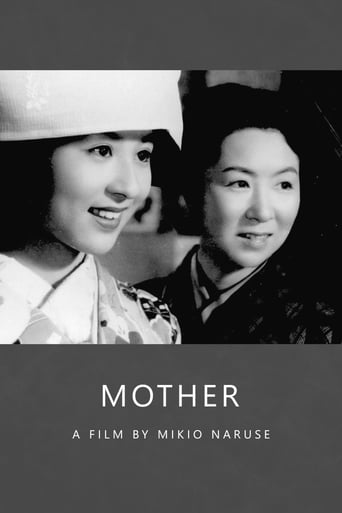
7.6/10
A teenaged girl witnesses her widowed mother's attempt to sustain her family.
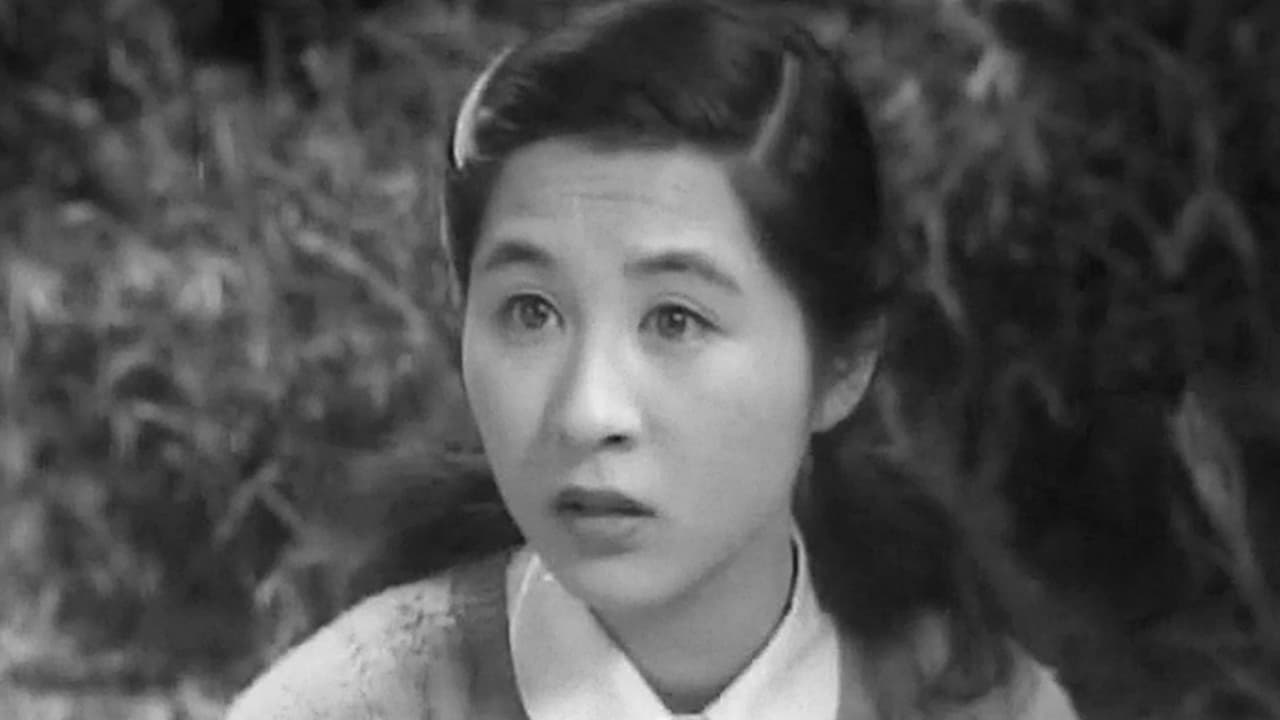
The Adventures of Sun Wu Kung
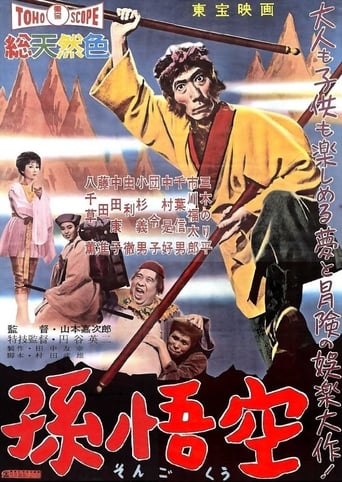
7.4/10
The mythical adventures of the legendary Chinese trickster Monkey, who must outwit a variety of wily demons who stand in the way of him and his fellow Buddhist travelers. Though portrayed as a literal, if rather anthropomorphized, monkey in the original legends, this film substitutes the spindly comic actor Norihei Miki, sans makeup.
Kiku and Isamu: Two Siblings Born in Japan
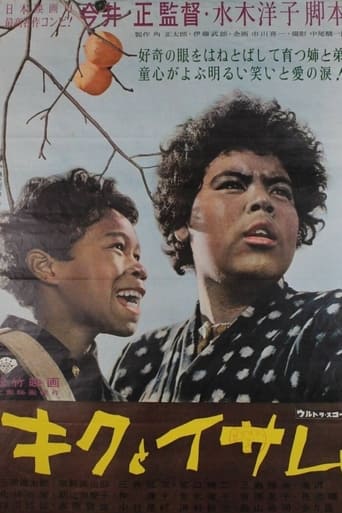
7.6/10
Kiku and her brother Isamu are social outcasts, children of a prostitute mother and black GI father, in postwar Japan.
Hyoroku's Dream Tale
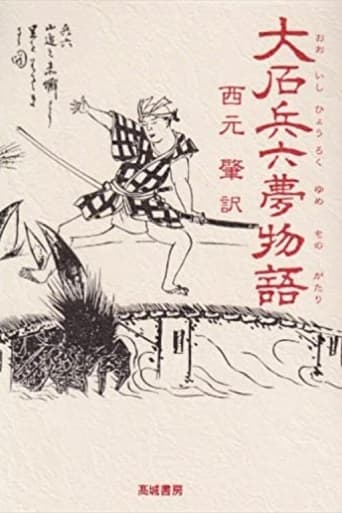
4.9/10
New Prison Walls of Abashiri: Snowbound Deserter
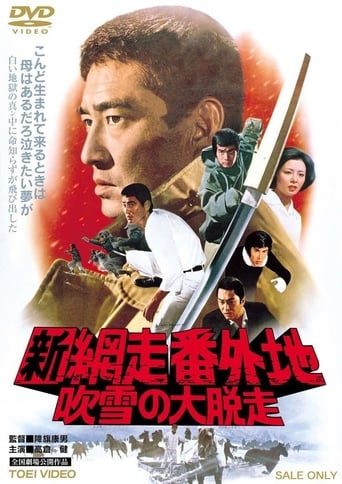
New Prison Walls of Abashiri: Stormy Cape
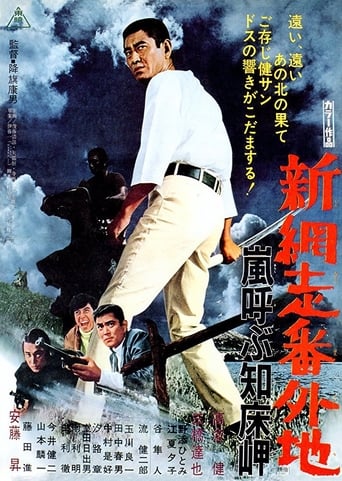
6.3/10
Former inmate Katsuji gets involved in the horse gambling business while lending a helping hand to a ranch operator.
An Innocent Witch
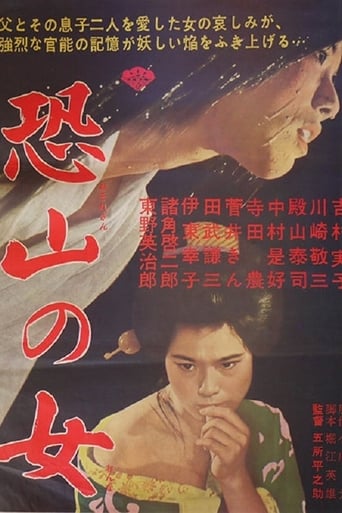
7.1/10
Ayako, a young woman from a rural fishing village, is sold by her family into a brothel when her father takes ill. There, she is quickly stripped of her innocence and illusions.
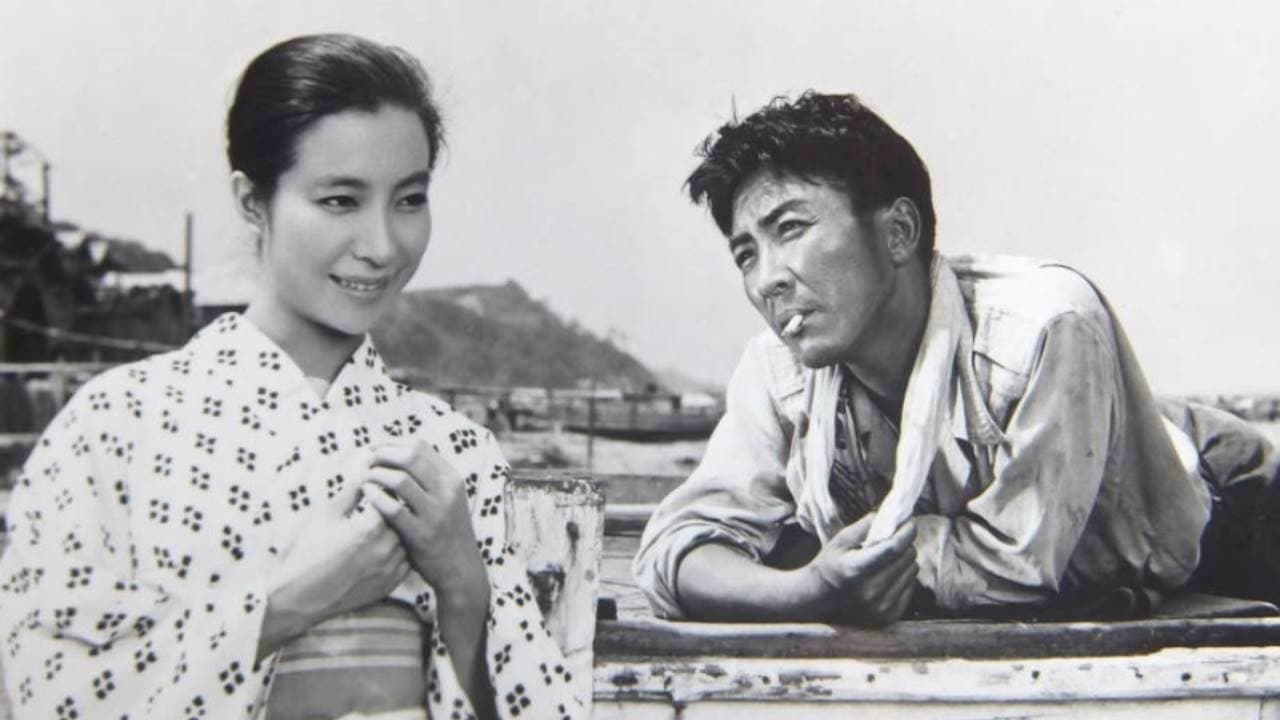
Elegy of the North
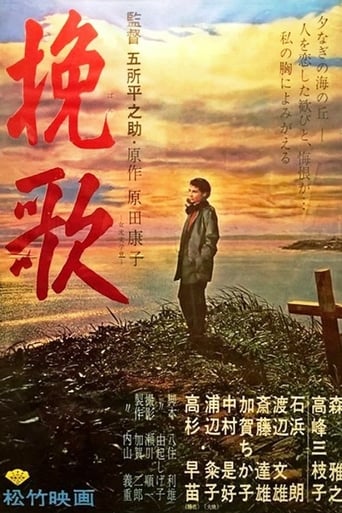
7/10
A sensitive young woman aged 22 fell in love with a middle aged man who was troubled by his unfaithful wife.

The Story of Pure Love
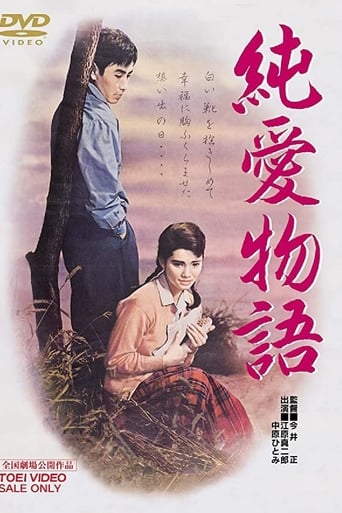
7.4/10
Junai Monogatari AKA Story of Pure Love is about two poor youths, Mitsuko and Kando, rebelling against society in various ways, who are desperately trying to be together despite tortuous circumstances. The film depicts their lives as thieves, menial laborers who can get little pay, society outcasts, and of course, lovers. Junai Monogatari depicts, mostly, their struggles within the Japanese reformatory system and Mitsuko's worsening sickness.
Conduct Report on Professor Ishinaka
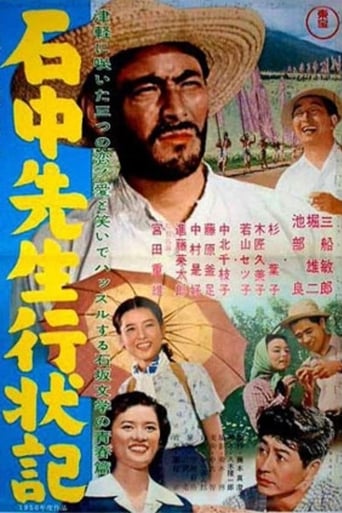
6.7/10
Three humorous love stories set in rural Japan.




